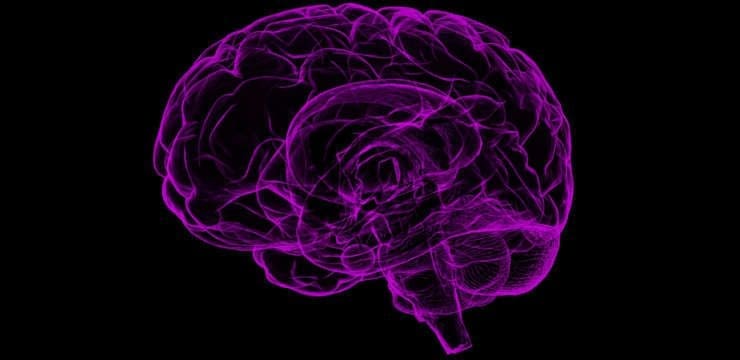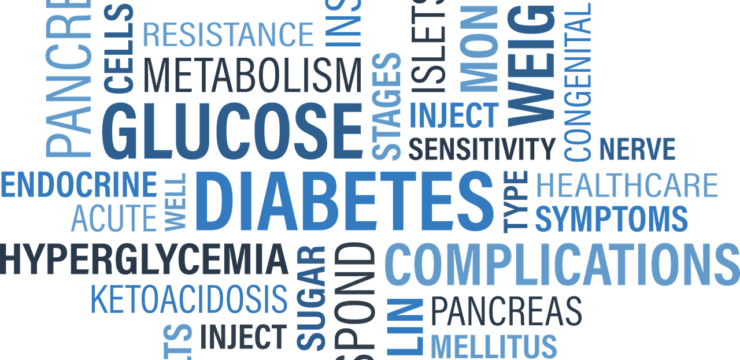Walking for a healthy back. This simple form of exercise can: Trim the waistline. Elevate mood. Reduce the risk of chronic disease. Improve back health.…


Walking for a healthy back. This simple form of exercise can: Trim the waistline. Elevate mood. Reduce the risk of chronic disease. Improve back health.…

Polymyositis is a disease that causes the body’s muscles to become irritated and inflamed. It can affect the muscles all over the body. The muscles…

Alzheimer’s disease is one that impacts many lives. There are multiple factors that go into the diagnosis of Alzheimer’s, some people’s diet, environment, genetics, head trauma and more. The classic symptoms include loss of memory, memory issues that begin to disrupt everyday life (such as where you keep your coffee mugs), difficulty completing familiar tasks in the workplace or home, confusion with time or place, and trouble understanding images.Â
Normal Aging vs Alzheimer’sÂ
With normal aging, we see brain atrophy, some neurotransmitter loss, and oxidative damage. These changes occur but they do not interfere with daily tasks or quality of life. To determine the difference, we can perform a simple test in the office that consists of a few questions. The score will determine if the aging of the brain is within normal limits.Â
Synapse LossÂ
As mentioned above, head trauma can lead to Alzheimer’s as it increases synapse loss. Things that contribute to head trauma include physical trauma, stroke, hypertension, and diabetes. Additionally, high cholesterol, high homocysteine, low exercise, and specific genes.Â
Genes
Although we are unable to change the genes we were born with, we can alter their expression. There are steps that we can take to alter these genes to express in a positive manner rather than negative. This can help slow down the progression or onset of Alzheimer’s. The genes we specifically look at in reference to Alzheimer’s are those that impact lipid metabolism, inflammation, and are dopaminergic and neurotrophic. These include:
CRP
IL-6Â
TNFAÂ
COMTÂ
BDNFÂ
We have the ability to perform genetic testing through DNA Life to assess your genes and your susceptibility. DNA Mind provides an identification of the level of impact of any genetic variant. It also provides us with a broken down explanation of the genes and their specific impact on the biochemical area and mental health. Additionally, this test not only reports on Alzheimer’s disease but also dementia, cognitive decline, addictive behavior, risk-taking behavior, and mood disorders. A sample report can be seen below:Â
Â
Lifestyle : InBodyÂ
As previously mentioned, we see a direct link between lack of exercise, poor nutrition, and Alzheimer’s disease. We are able to create personalized nutrition plans for your body as well as determine other predisposing factors with the help of the InBody 770 system. This advanced machine provides a great deal of information for us regarding the patient. We track patients Anthropometric measurements in order to determine their lean muscle mass, fat density, visceral fat (fat surrounding the organs- a key indicator of disease risk), water percentage, and height and weight. We measure our patients every 8 weeks and keep a detailed record. These reports are great indicators for health and also assess inflammation and edema. There is more information regarding the InBody below.Â
[embedyt] www.youtube.com/watch?v=N3_BEhgJCGc%5B/embedyt%5D
InBody_E_Book.pdf
GENETIC TESTING IS AVAILABLE NOW AND PROVIDES US WITH MORE INFORMATION THAN EVER BEFORE. WITH THIS INFORMATION AND THIS TECHNOLOGY, WE ARE ABLE TO CREATE PREVENTABLE PLANS GEARED TOWARDS YOU. I HIGHLY RECOMMEND GETTING TO KNOW AND UNDERSTAND YOUR GENES. -KENNA VAUGHN, SENIOR HEALTH COACHÂ

One of the best ways to reduce your chances of developing type 2 diabetes, or slow down the progression/reverse a diagnosis is to start with reducing inflammation. This is done by starting in the kitchen. Evaluate diet first. We should be eating clean locally sourced organic foods to fuel our cells and alter our genetic expression in a positive way. By eating pizza and chips we are adding fuel to the inflammation fire and throwing constant reactors at our genes, altering their expression to be pro-inflammatory rather than anti-inflammatory.

The term allostatic load refers to any type of stress occurring in the body for long periods of time. Types of stress we encounter daily from environmental stress or psychological stress have the ability to alter the way our body operates. Stress is directly linked to causing inflammation. Stressors include: Trauma/mechanical, Infection, Toxicology, Nutrient Imbalance, Neurology, and Electromagnetic. When these stressors are present and coupled with genetic polymorphisms or epigenetics we see chronic issues arise. The chronic health conditions we see from stressors and epigenetics are IBS, Fatigue, Leaky Gut, Pain, Weight, Thyroid, Inflammation, Autoimmune, Depression, and Insulin Resistance.

Gut Health, Inflammation and Autoimmunity • (915) 613-5303 Join from a PC, Mac, iPad, iPhone or Android device, for a live webinar event discussing the…